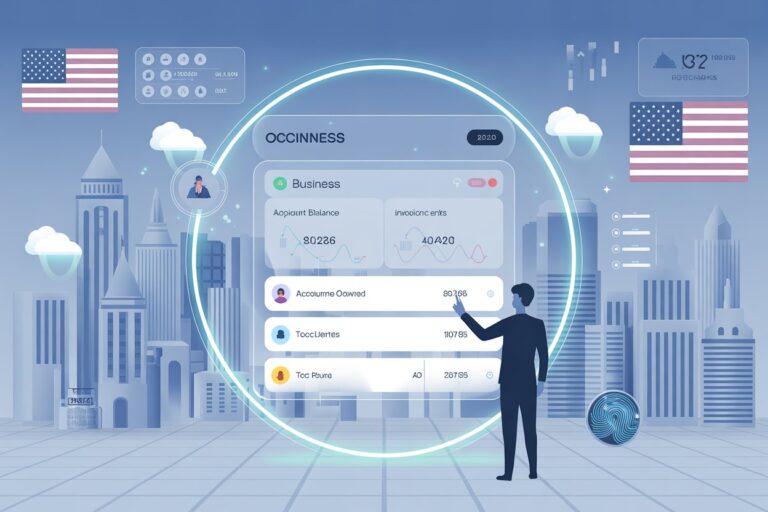Digital Product Business Ideas
Introduction to Digital Product Businesses
As the world transitions into a more digitally-driven economy, digital product businesses are becoming some of the most accessible, low-cost, and profitable opportunities—especially in 2026 and beyond.
A digital product is any item you can sell online that doesn’t have a physical form. These products can be downloaded or accessed digitally, making them ideal for entrepreneurs looking to scale without managing inventory or logistics.
Why Start a Digital Product Business in 2026?

Low Overhead Costs
Unlike traditional businesses, digital products don’t require physical storage, shipping, or recurring inventory investments.
Scalability
Once a product is created, it can be sold repeatedly with minimal effort, making it highly scalable.
High Profit Margins
Because there are no production or shipping costs after the initial creation, profit margins tend to be high.
Global Reach
Digital products can be sold to customers anywhere in the world, 24/7.
Top Digital Product Business Ideas for 2026
1. E-books
If you have expertise in any field—health, business, technology, parenting—you can write and sell e-books. These are especially profitable in niches like self-help, finance, and productivity.
- Tool Suggestions: Canva, Google Docs, Amazon Kindle Direct Publishing
- Marketing Tip: Use SEO to rank landing pages for specific e-book topics
2. Online Courses
Create structured video or audio lessons on any topic you’re skilled in—coding, design, marketing, or even niche interests like astrology or knitting.
- Platform Options: Teachable, Udemy, Kajabi
- Revenue Potential: High with recurring passive income
3. Printables and Digital Planners
Offer downloadable planners, checklists, calendars, or budgeting sheets. These are easy to create and have a strong market on platforms like Etsy.
- Target Audience: Productivity enthusiasts, students, business owners
- Design Tools: Canva, Adobe Illustrator
4. Stock Photos or Illustrations
If you’re a photographer or graphic designer, sell high-quality stock photos, icons, or illustrations for bloggers, marketers, and businesses.
- Platform Ideas: Shutterstock, Creative Market, Gumroad
5. Website Templates and Themes
Web developers and designers can create ready-to-use templates for WordPress, Shopify, or HTML sites.
- Buyers: Bloggers, startups, agencies
- Upsell Idea: Offer customization services
6. Software as a Service (SaaS)
Build a subscription-based tool that solves a specific problem—like time tracking, keyword research, or invoice generation.
- Development Needs: Programming knowledge or a tech partner
- Profit Model: Monthly or annual subscriptions
7. Digital Art and NFTs
Create and sell digital art online or mint your creations as NFTs (Non-Fungible Tokens). Great for visual artists and creators.
- Marketplaces: OpenSea, Rarible, Etsy (for printable art)
8. Music, Beats, and Sound Effects
Musicians and sound engineers can license their audio for use in games, videos, or podcasts.
- Ideal For: Independent musicians, sound engineers
- Distribution: SoundCloud, Bandcamp, AudioJungle
9. Mobile App Templates
Design pre-coded mobile app templates for iOS or Android developers who want a quick-start solution.
- Tools: Flutter, React Native
- Customers: Indie developers and startups
10. Digital Subscriptions or Memberships
Create an exclusive content model—like a paid newsletter, a private podcast, or a monthly bundle of tools and templates.
- Recurring Income: Excellent model for building long-term revenue
How to Start a Digital Product Business
Step 1: Choose a Profitable Niche
Select a topic where you have expertise and where there is proven demand. Research keywords and assess competitors.
Step 2: Validate the Idea
Use surveys, pre-sales, or online communities to ensure people are willing to pay for the product.
Step 3: Create the Product
Use affordable tools like Canva, Loom, Google Docs, or code editors depending on your product type.
Step 4: Build a Website or Landing Page
If your website is new, optimize for long-tail keywords and ensure your content aligns with Google AdSense policies.
- Avoid clickbait titles
- Do not make unrealistic claims
- Clearly outline the value of your digital product
Step 5: Promote with Content Marketing
Start blogging, email marketing, and sharing content on social media to build organic traffic.
Tips for Compliance with Google Policies
Create Helpful, People-First Content
Google values content that helps users, not content created just to rank. Be transparent, informative, and trustworthy.
Avoid Misleading Claims
Never promise unrealistic results (e.g., “Make $10,000 overnight”). Focus on benefits backed by reason and experience.
Ensure Page Experience Quality
Optimize for fast loading times, mobile responsiveness, and user safety (HTTPS).
Challenges of Digital Product Businesses
Intellectual Property Issues
Ensure you own the rights to your digital content and respect others’ copyrights.
Market Saturation
Some niches are competitive. Differentiate your product by focusing on underserved sub-niches.
Technical Know-How
Depending on the product, you may need to learn some basic tools or software.
Future Trends in Digital Product Businesses (2026 and Beyond)
AI-Generated Digital Products
AI tools are helping creators automate content, designs, and development.
Personalization
Products tailored to individual users (like personalized planners or wellness trackers) are gaining popularity.
Microlearning Content
People prefer bite-sized learning—short videos, mini eBooks, or focused guides.
Integration with Web3 and Blockchain
NFT-based assets and decentralized marketplaces may change how digital products are sold and verified.
Final Thoughts
Starting a digital product business in 2026 is not only smart—it’s future-proof. With a one-time investment of time and creativity, you can build an income stream that scales with little effort.
Whether you’re creating e-books, online courses, or SaaS tools, focus on delivering genuine value and maintaining transparency to build long-term trust and visibility.
By aligning with Google AdSense and Search Central guidelines, and focusing on helpful, user-first content, even a new website can begin to build credibility in a YMYL niche like business legitimacy.
Frequently Asked Questions (FAQs)
Q1. Can I start a digital product business with no experience?
Yes. Many platforms offer free tools and resources to learn as you go.
Q2. What digital product sells best?
E-books, online courses, and templates are consistently top sellers across most platforms.
Q3. Do I need a website?
A website is highly recommended for SEO, branding, and Google AdSense approval.
Q4. Is passive income really possible?
Yes, but it requires upfront work in content creation, marketing, and building trust with your audience.






